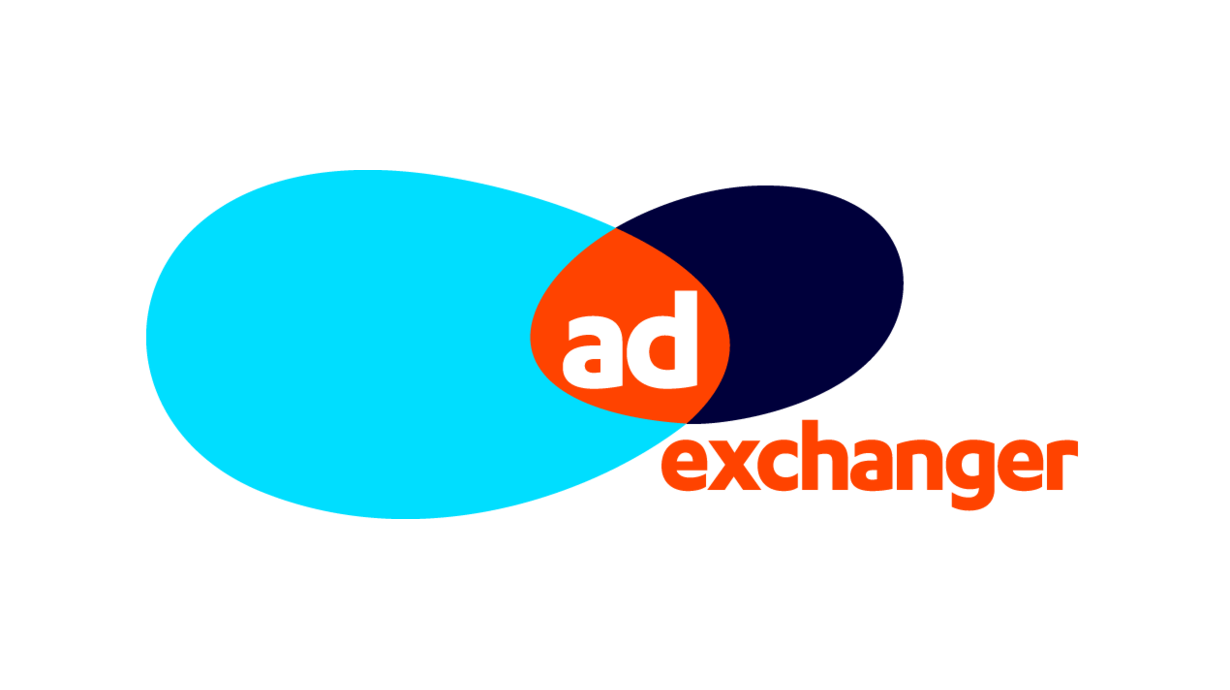Mobile is eating everything including ad-tech
Mobile is the most persistent channel marketers have ever seen. This change is pushing towards the consolidation of ad tech as more and more ad tech companies are failing to make the shift towards mobile.

“Data-Driven Thinking" is written by members of the media community and contains fresh ideas on the digital revolution in media.
Today’s column is written by Michael Katz, CEO and co-founder at mParticle.
We’ve heard talk about massive ad tech consolidation for years. Whether it’s through M&A, a nuclear winter-like event or convergence with the marketing technology landscape, there is never a shortage of prognostication.
While I think it will be a little less dramatic, with an evolution before an extinction event, it’s clear that mobile is the catalyst that is changing the face of today’s digital landscape. Mobile is the most persistent channel we’ve ever seen by a large margin. With stats showing users check their phones 150 times a day, the data from mobile users is unprecedented.
At the center of the shift to mobile is the app economy, granting consumers greater control over their lives with on-demand access to just about anything, better retail experiences and innovative media opportunities. The app economy that begun in mobile will soon extend into wearables, automobiles and connected TVs. The seismic shift from web to apps carries implications than are far larger than most in the ad tech community realize.
Mobile is eating ad tech, for several reasons. First, apps are much better suited for transactional experiences where there is no room for standard ad units. Additionally, ad tech architecture that was born on the web doesn’t work in app environments. Lastly, the role of the media agency throughout the customer journey is greatly diminished.
Redefining User Experience
As desktop traffic continues to wane, mobile apps provide an especially fascinating opportunity for marketers given location-based capabilities. Device functionality accessible from apps enables innovative experiences and, ultimately, unmatched consumer insights.
Apps are a canvas for redefining user experience, transacting and augmenting customer relationship management much more so than they are a place for standard ad units. Just think about how many awful mobile ads you see on a regular basis. On the other hand, the best ad experiences don’t even feel like ads as much as they feel like information. This places a massive amount of importance on the data generated from app usage.
Messaging opportunities represent another huge shift from the ad paradigm. In mobile, brands can engage with consumers via more effective messaging opportunities, such as push notifications, SMS and creating rich experiences directly in messaging apps. There are also in-store opportunities leveraging beacons and other location-based solutions to create rich interaction points with consumers while ad units become a secondary or tertiary means to converse with consumers.
Incompatible Architecture
To capture and transmit the data that powers those experiences and insights across the app economy, APIs have become core to successful execution. This is a significant shift from ad tech since web-based client-side technologies, such as pixels and cookies, which are fundamental to most of the ad tech ecosystem, no longer matter. Additionally, many ad tech platforms were never architected with APIs in mind. Most require JavaScript tags to drop third-party cookies that capture user-level data and are figuring out how to adapt to a browserless world. By and large, these solutions ignore where the world is headed, and that is very problematic.
The challenges within native apps are also quite different. Dealing with SDK fatigue, fixed development cycles, lack of resources and app store approvals are a few of the challenges that add layers of complexity to the process that most ad tech execs outside of mobile have yet to appreciate.
Fading Role?
Then there is the role of the media agency and how that has changed in a mobile and app-centric world. Media agencies are still executing paid media strategies, but in an era where ads are secondary to messages, what does their role become?
In my experience, agencies are rarely involved in app decisions, which are made by product and technology stakeholders rather than their marketing counterparts. Messages allow brands that own an audience to better interact with that audience. So when ads have become only one small part of the customer journey, how do media agencies tell a complete story or build a strategy when the part they see and control is so incomplete? The recent acquisition of ActionX by Xaxis was an incredibly smart and necessary move by an agency to acquire capabilities required to stay relevant in a changing landscape.
Would brands rather serve a mobile banner to a user or send them a push notification? Given that response rates for push notifications can be in the double digits, the stats indicate the latter is the obvious choice by a wide margin. And when you see some of the largest advertisers in the world in various CPG brands completely at a loss for how to own their audience and subsequently execute a mobile app strategy, you realize that there is a massive change occurring.
One thing is for sure, to quote Yogi Berra: “The future ain’t what it used to be.”
Latest from mParticle
Try out mParticle
See how leading multi-channel consumer brands solve E2E customer data challenges with a real-time customer data platform.
Startups can now receive up to one year of complimentary access to mParticle. Receive access



